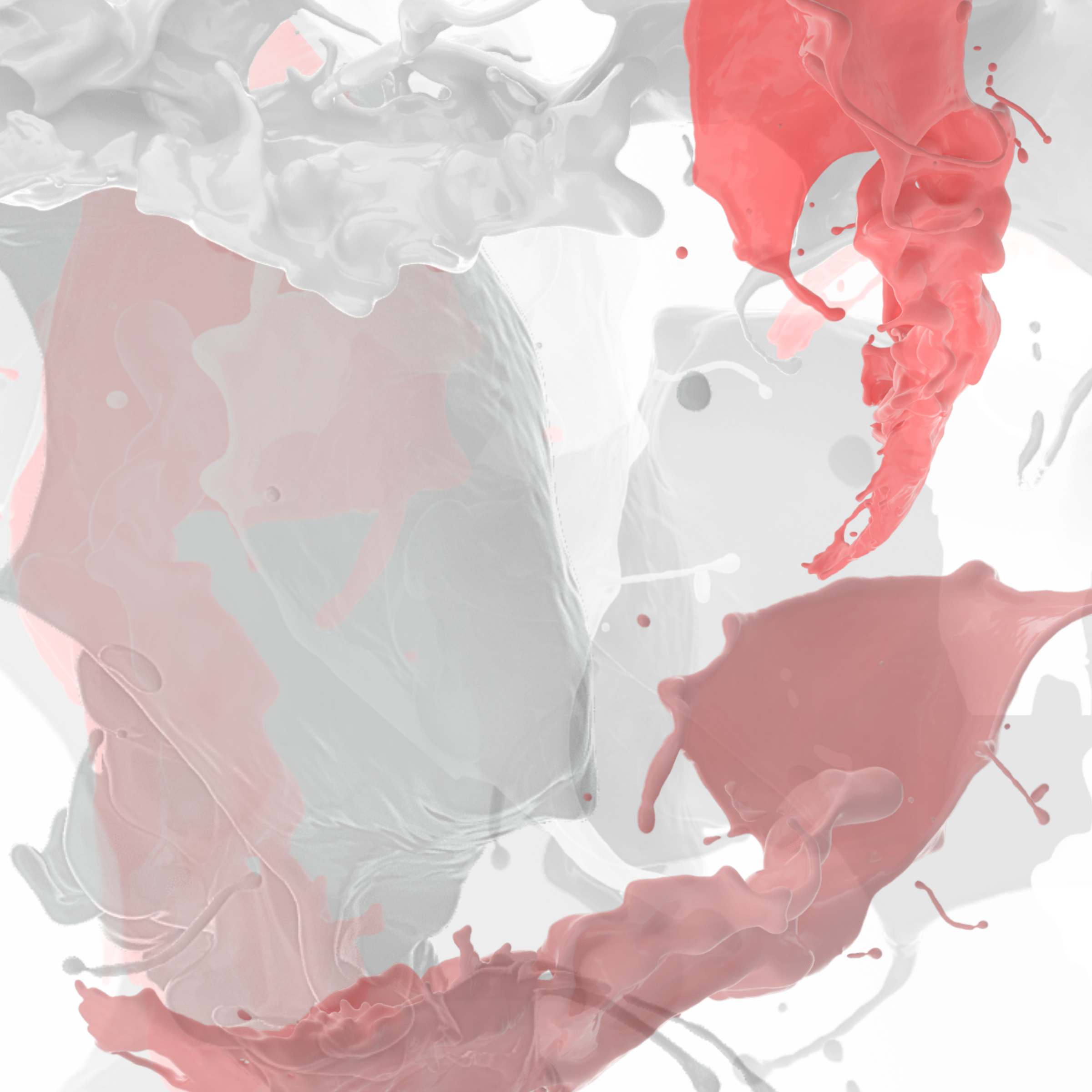
Yevgeny Kutik
"Mr. Kutik retells these stories with his dark-hued tone and razor-sharp technique"
— New York Times
“Assured and full-bodied playing, which brought a kind of rough-and-tumble lyricism to two neo-classical works by Stravinsky...His reading of the Duo Concertante was the most characterful –and maybe most satisfying – you’re ever likely to hear.”
—Washington Post
YOUTUBE
BIO
With a “dark-hued tone and razor-sharp technique” (The New York Times), violinist Yevgeny Kutik has captivated audiences worldwide with an old-world sound that communicates a modern intellect. Praised for his technical precision and virtuosity, he is also lauded for his poetic and imaginative interpretations of standard works as well as rarely heard and newly composed repertoire.
A native of Minsk, Belarus, Yevgeny Kutik immigrated to the United States with his family at the age of five. His 2014 album, Music from the Suitcase: A Collection of Russian Miniatures (Marquis Classics), features music he found in his family’s suitcase after immigrating to the United States from the Soviet Union in 1990, and debuted at No. 5 on the Billboard Classical chart. The album garnered critical acclaim and was featured on NPR’s All Things Considered and in The New York Times. In 2021, Kutik launched Finding Home: Music from the Suitcase in Concert, a five-episode docu-recital series filmed at the Shalin Liu Performance Center in Rockport, MA, based on the album. Each 30-40-minute episode features music performances, including works from the album, interwoven with Kutik’s personal narrative storytelling about anti-Semitism in the Soviet Union, his family’s months as “stateless” refugees, and the amazement and challenges of starting a new home in the United States.
Kutik’s additional releases on Marquis include his most recent album, The Death of Juliet and Other Tales (2021), which highlights Russia’s rich history of folklore and folktales portrayed in the music of Prokofiev. The album connects Prokofiev’s Solo Sonata for Violin, Sonata No. 2, and “Parting Scene and Death of Juliet” (arr. Borisovsky) to five Russian folk melodies in new arrangements by Kutik, Michael Gandolfi, and Kati Agócs, commissioned specifically for the album. In 2019, he released Meditations on Family, for which he commissioned eight composers to translate a personal family photo into a short musical miniature for violin and various ensemble, envisioning the project as a living archive of new works inspired by memories, home, and belonging. Strings Magazine featured Kutik as its cover story for the March/April issue, reporting, “True to Kutik’s vision, each miniature is a window into the composer’s emotional life.” Featured composers include Joseph Schwantner, Andreia Pinto Correia, Gity Razaz, Timo Andres, Chris Cerrone, Kinan Azmeh, Gregory Vajda, and Paola Prestini. Kutik’s 2016 album, Words Fail uses Mendelssohn’s Songs Without Words as a starting point to expand upon the idea that music surpasses traditional language in its expressive capabilities. His 2012 debut album, Sounds of Defiance, features the music of Achron, Pärt, Schnittke, and Shostakovich, focusing on music written during the darkest periods of the lives of these composers.
Yevgeny Kutik was a featured soloist in Joseph Schwantner’s The Poet’s Hour – Soliloquy for Violin on episode six of Gerard Schwarz’s All-Star Orchestra, a made-for-television classical music concert series released on DVD by Naxos and broadcast nationally on PBS. In 2021, Kutik made his debut with the Detroit Symphony Orchestra led by Leonard Slatkin, performing the world premiere of Schwantner’s Violin Concerto, an expansion of The Poet’s Hour written specifically for Kutik. In 2019, he made his debuts at the Kennedy Center, presented by Washington Performing Arts, and at the Ravinia Festival. Kutik made his major orchestral debut in 2003 with Keith Lockhart and The Boston Pops as the First Prize recipient of the Boston Symphony Orchestra Young Artists Competition.
Throughout the United States, Kutik has performed with orchestras including the Rochester and Dayton Philharmonics, Tallahassee, New Haven, Asheville, Wyoming, and La Crosse symphony orchestras, as well as Florida’s SYMPHONIA, New York City’s Riverside Symphony and Park Avenue Chamber Symphony, and the Pro Arte Chamber Orchestra of Boston. Abroad, he has appeared as guest soloist with Germany’s Norddeutsche Philharmonie Rostock and WDR Rundfunk Orchestra Köln, Montenegro’s Montenegrin Symphony Orchestra, Japan’s Tokyo Vivaldi Ensemble, and the Cape Town Philharmonic in South Africa. He has appeared in recital as a part of the Dame Myra Hess Concerts Chicago, Peoples’ Symphony Concerts, Merkin Hall Tuesday Matinee Series, and National Sawdust in New York City, the Embassy Series and The Phillips Collection in Washington D.C., and at the Lobkowicz Collections Prague presented by Prince William Lobkowicz. Festival performances have included the Tanglewood Music Festival, Cape Cod Chamber Music Festival, Pennsylvania’s Gretna Music, Germany’s Ludwigsburger Schlossfestspiele, and the Verbier Festival in Switzerland.
Passionate about his heritage and its influence on his artistry, Kutik is an advocate for the Jewish Federations of North America, the organization that assisted his family in coming to the United States, and regularly speaks and performs across the United States to both raise awareness and promote the assistance of refugees from around the world. He was a featured performer for the 2012 March of the Living observances, where he played for audiences at the Krakow Opera House and for over 10,000 people at Auschwitz-Birkenau.
Yevgeny Kutik began violin studies with his mother, Alla Zernitskaya, and went on to study with Zinaida Gilels, Shirley Givens, Roman Totenberg, and Donald Weilerstein. He holds a bachelor’s degree from Boston University and a master’s degree from the New England Conservatory and currently resides in Boston. In 2006, he was awarded the Salon de Virtuosi Grant as well as the Tanglewood Music Center Jules Reiner Violin Prize. Kutik’s violin was crafted in Italy in 1915 by Stefano Scarampella.






